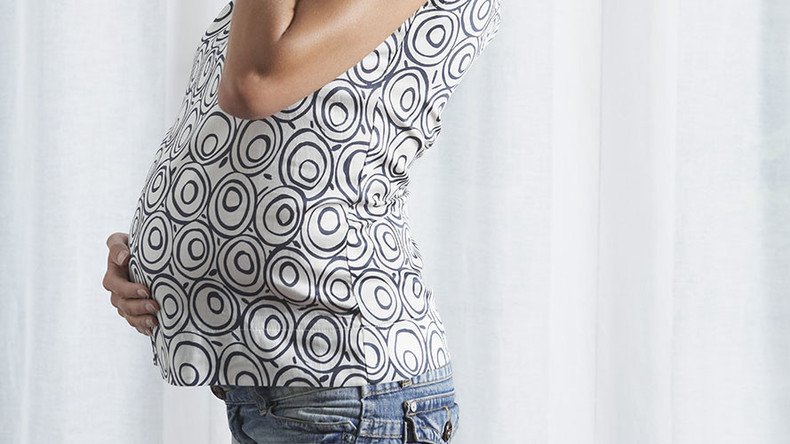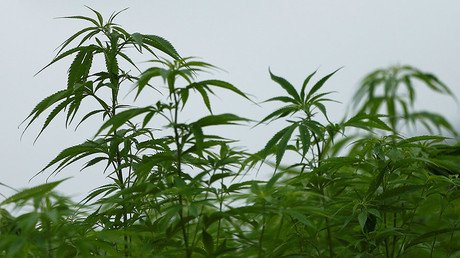Rates of marijuana use among pregnant women and nonpregnant, reproductive-age women increased from 2002 to 2014, according to a new study. Past-month pot use among pregnant women, which may lead to poor offspring health, jumped 62 percent.
From 2002 to 2014, self-reported marijuana use in the past month among pregnant women in the US increased from 2.37 percent to 3.85 percent, according to a new study released by the Journal of the American Medical Association.
Pregnant women aged 18 to 25 years were more likely (7.47 percent) to report past-month pot use in 2014 compared to women aged 26 to 44 years (2.12 percent), while past-year use for all ages was 11.63 percent.
Marijuana use during pregnancy can result in low birth weight or impaired neurodevelopment of an infant, among other health issues, according to the study.
The American College of Obstetricians and Gynecologists, which discourages marijuana use among pregnant or breastfeeding women, says"children who were exposed to marijuana in utero had lower scores on tests of visual problem solving, visual-motor coordination, and visual analysis than children who were not exposed to marijuana in utero."
The study relied on data from US government surveys based on respondents' self-reporting drug habits.
"Although the prevalence of past-month use among pregnant women (3.85%) is not high, the increases over time and potential adverse consequences of prenatal marijuana exposure suggest further monitoring and research are warranted," the study says, adding that doctors "should screen and counsel pregnant women and women contemplating pregnancy about prenatal marijuana use."
Past-month marijuana use among nonpregnant reproductive-aged women is also increasing, the study found. More than 9 percent of those surveyed reported doing so in 2014. This group's past-year use came out to 15.93 percent the same year.
A separate study published in the Journal of the American Medical Association found that about 13 percent of 100,000 adults, or around 30 million people, said they had used marijuana in the past year. Ninety percent of those adults said they had used marijuana for nonmedical reasons while 6 percent said it was for medical reasons.
Following advances for marijuana legalization across the US during last month's elections, recreational marijuana is now or will soon be legal on some level in eight states and the District of Columbia. California, Maine, Massachusetts, and Nevada passed measures last month legalizing recreational marijuana in the near future.
Twenty-eight states and the District of Columbia have legalized medical marijuana, while additional states have specific laws legalizing the use of cannabis extracts to treat conditions such as epilepsy.


